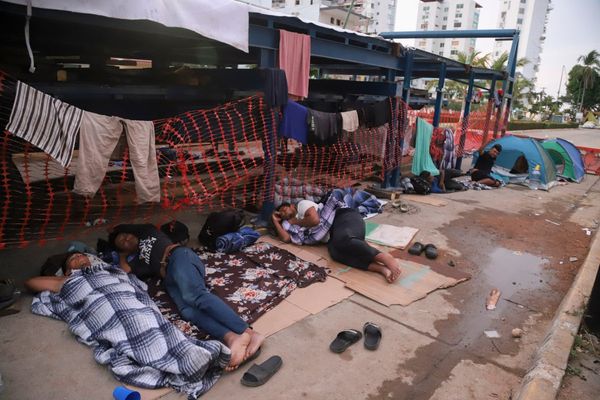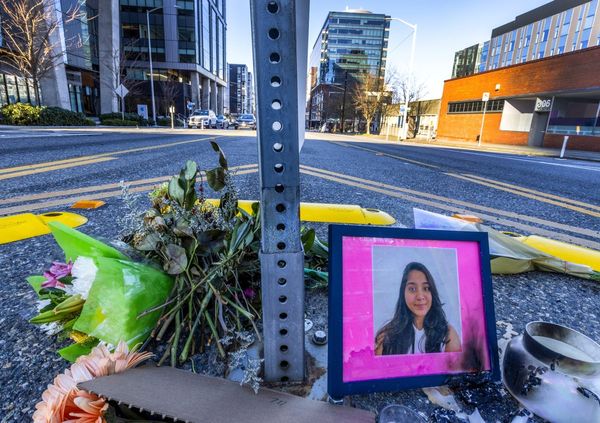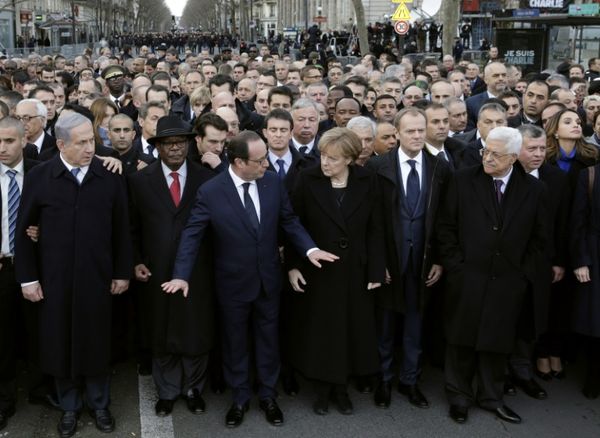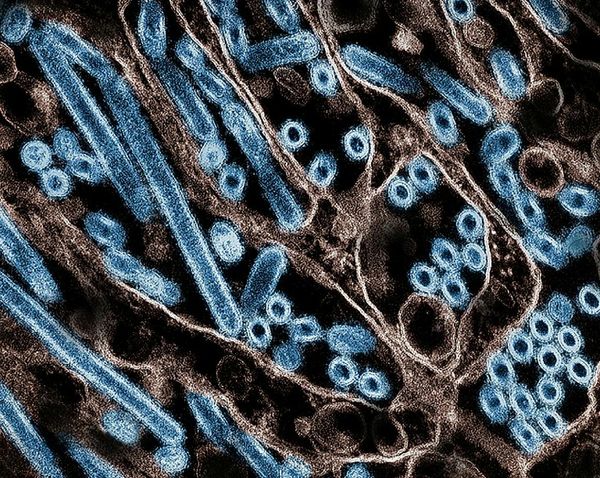
On the one year anniversary of his death, a small ceremony dedicated to the Chinese human rights activist Liu Xiaobo was held on Friday in Taipei.
A sculpture was unveiled in Taipei's City Hall Park, just a stone's throw away from Taipei 101. The commemoration was held three days after his widow, Liu Xia, arrived in Berlin after living under effective house arrest for eight years.
The ceremony was spearheaded by Wu'er Kaixi, a student leader in the 1989 Tiananmen Square protests who later became a protégé of Liu. As dusk fell over the park, Wu'er spoke of his shock when Chinese authorities announced Liu's liver cancer diagnosis in May of last year. Liu passed away weeks later amid international cries that China was denying adequate medical care to the Nobel Peace Prize winner.
A small crowd of a few dozen onlookers attended the gathering, which was lightly publicized but had been planned for months by Wu'er's organization, Friends of Liu Xiaobo. Rather than a statue, the sculpture, designed by artist Cheng Ai-hua, consists of an image of Liu's face, an open book adorned with a golden rose, and an empty chair, which Cheng said represented the seat left empty when Liu was awarded the 2010 Nobel Peace Prize in absentia.

The sculpture is titled "I Have No Enemies," nodding to the essay Liu intended to read at his trial in 2009. Liu was never allowed to speak at trial, and was sentenced to 11 years in prison for subversion. He received medical parole after his diagnosis and passed away two weeks later in a Chinese hospital, despite claims by his doctors that Liu wished to travel to Germany to receive treatment.
Liu Xia, his widow, was never charged with a crime, yet remained under effective house arrest until her Tuesday arrival in Germany. However, her brother remains on bail in China after receiving an 11-year sentence for fraud, which Liu Xia described at the time as "simply persecution."
Along with Friends of Liu Xiaobo, the event was supported by Reporters Without Borders (RSF), which last year chose Taipei as the location of its maiden Asia bureau, citing concerns about deteriorating press freedoms in Hong Kong.
Spokespeople from Taiwan Support China Human Rights Network were also present, as were Vietnamese democracy activists. A string quartet played melancholic numbers as darkness settled in on the city center, leaving Liu's face illuminated in blue and green light.
In Hong Kong, hundreds gathered at a candlelight vigil on Friday to mark the anniversary of his death. A statue of Liu was erected there by pro-democracy activists on June 12, but it was removed from its Causeway Bay location a week later after the group received legal threats from the owners of an adjacent shopping center.
In China, supporters of Liu were warned not to commemorate Liu's death on Friday, according to Reuters. Authorities banned any gatherings and sent prominent supporters of Liu on "vacation" - a practice in which dissidents are removed from major cities by security agents during sensitive events or anniversaries.
Speaking at the event, RSF Taipei Bureau Director Cedric Alviani said Taiwan stands as a shining example of Liu's vision.
Liu "was advocating for a society which actually looks very much like Taiwan," said Alviani." He was advocating for freedom of speech, freedom of expression, freedom of press, freedom of information, political freedoms."
"Taiwanese society also had its dark time," he continued, "but what the Taiwanese society has become now is more or less what Liu Xiaobo was dreaming for China, and was dreaming for the world."
Meanwhile, in China the pro-democracy activist Qin Yongmin on Wednesday received a 13-year sentence for subversion, in what RSF said in a press release was a "virtual death sentence" for the 64 year old. That sentence, two years longer than that delivered to Liu for his role in drafting the Charter 08 manifesto for greater freedom in China, is the longest allotted for the crime of subversion in 15 years. The Taiwanese human rights activist Lee Ming-che (李明哲) received five years and remains in detention.
"Sentencing a man of [Qin's] age to 13 years in prison is tantamount to a death sentence given the shortcomings of China’s prison system and its deliberate policy of denying medical attention to detainees,” Alviani said in the release.
Read Next: OPINION: Liu Xia's Release Restricted While Brother Remains Detained
Editor: David Green







